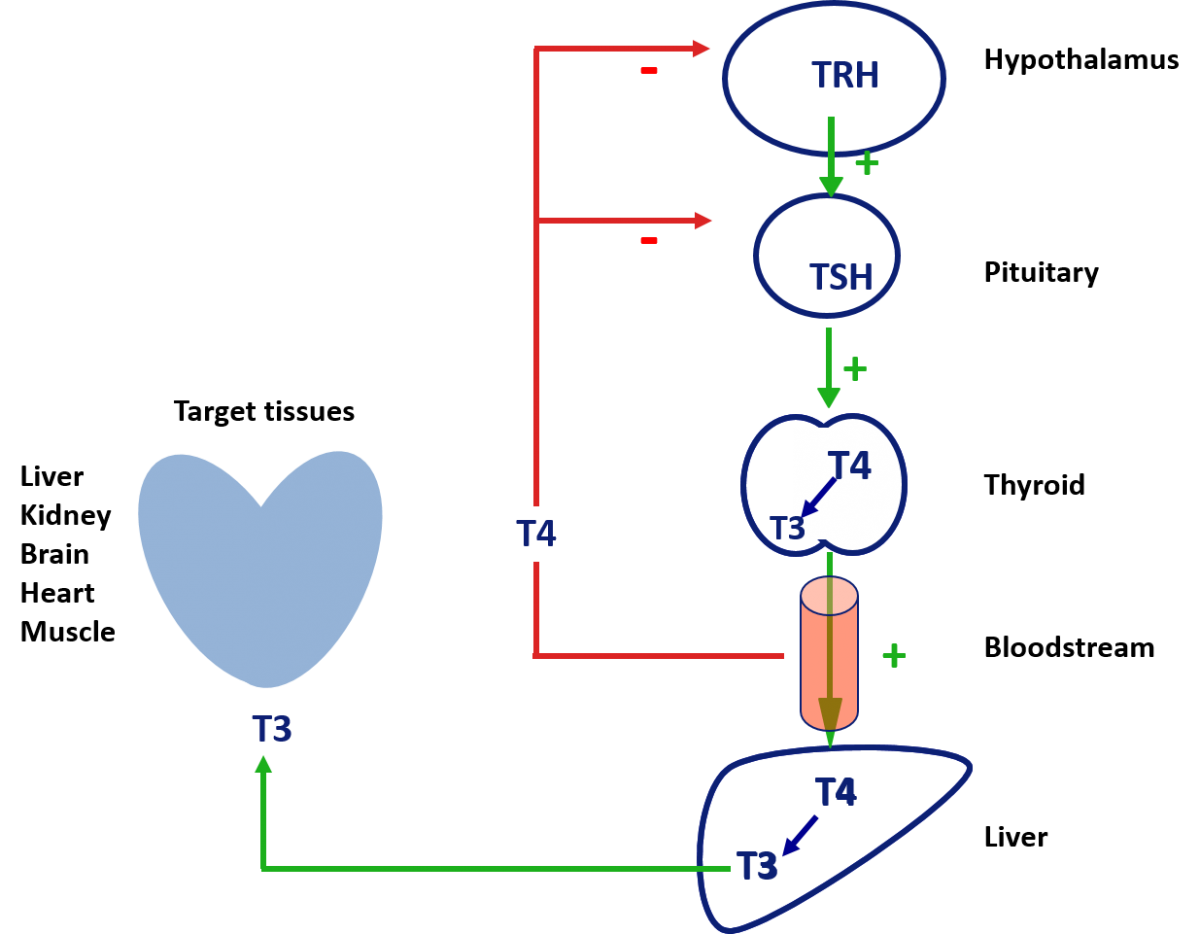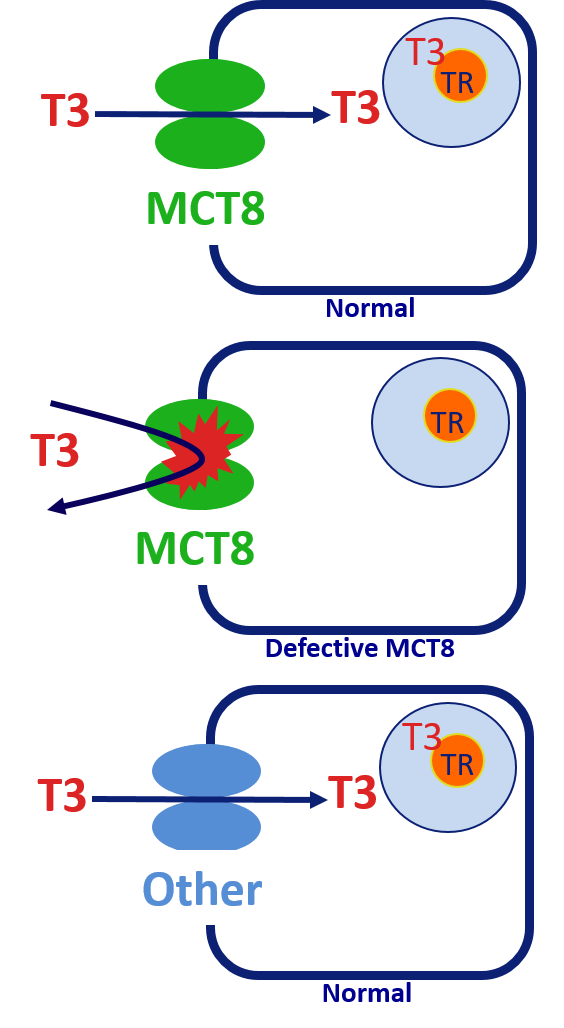MCT8 - AHDS Foundation
MCT8 AHDS Deficiency also known as Allan-Herndon-Dudley syndrome
MCT8 AHDS is a neurological condition that affects mobility, cognition and general health.
MCT8 Deficiency also known as Allan-Herndon-Dudley (AHDS) syndrome is a genetic X-linked disorder that predominantly affects boys, and in rarer cases, girls. It is considered an ultra-rare disorder.
MCT8 (Monocarboxylate transporter) is the protein product of the SLC16A2 gene and is one of the protein substances located on cell membranes that are responsible for the transport of thyroid hormones into the brain. Thyroid hormones are particularly important to proper brain development during embryo and early childhood stages of a child’s life. Lack of thyroid hormones in the brain during these periods is associated with mental delay.

Due to genetic mutation of the MCT8 transporter, the blood-brain barrier, which is the ultimate protector of the brain from any threats, does not recognize the carrier and, therefore, it doesn’t allow its passage into the brain. As a result, the brain is forced to develop without the vital help of thyroid hormones. In the meanwhile, the rejected hormones return to the body where they increase toxicity due to the high T3 in blood.
This is called 'thyrotoxicosis' and can cause life-threatening complications for patients as well as other effects such as increased metabolism (requiring more calorie intake to maintain weight) and increased heart rate.
Common blood tests that may point into MCT8 AHDS direction are high levels of the T3 hormone and borderline low to low levels of T4.
As other tissues have alternative transporters, the high levels of the T3 hormone increases their metabolism. The high metabolic rate may reflect in the incapacity of gaining or maintaining weight, increased heart rate and so many other symptoms.

Boys typically present symptoms of MCT8 AHDS while girls may carry the mutation without presenting any symptoms. That is due to the fact that girls have two X chromosomes. If one chromosome is affected, the body may still use the correct copy from the second one. However, there are rarer cases where girls also show symptoms. And research is still at an early stage.
MCT8 AHDS was discovered in 1944 by William Allan, Florance Dudley and Nash Herndon. They have studied a familial intellectual disability with motor abnormalities in boys. Almost half a century later, in 1990, the first genetic mapping was made. MCT8 AHDS was then one of the first genetic syndromes to be mapped. Fourteen years later, in January and October 2004 independently by two researchers, the first connection between the Monocarboxylate transporter 8 (MCT8) and the Allan-Herndon-Dudley syndrome was made.
According to Orpha.net, in 2016 there was an estimated number of 320 cases of MCT8 AHDS all over the world. The prevalence of this syndrome is still unknown.
The syndrome is more commonly referred to as Allan-Herndon-Dudley syndrome in Europe while in the United States and Canada, the term MCT8 Deficiency is preferred.

